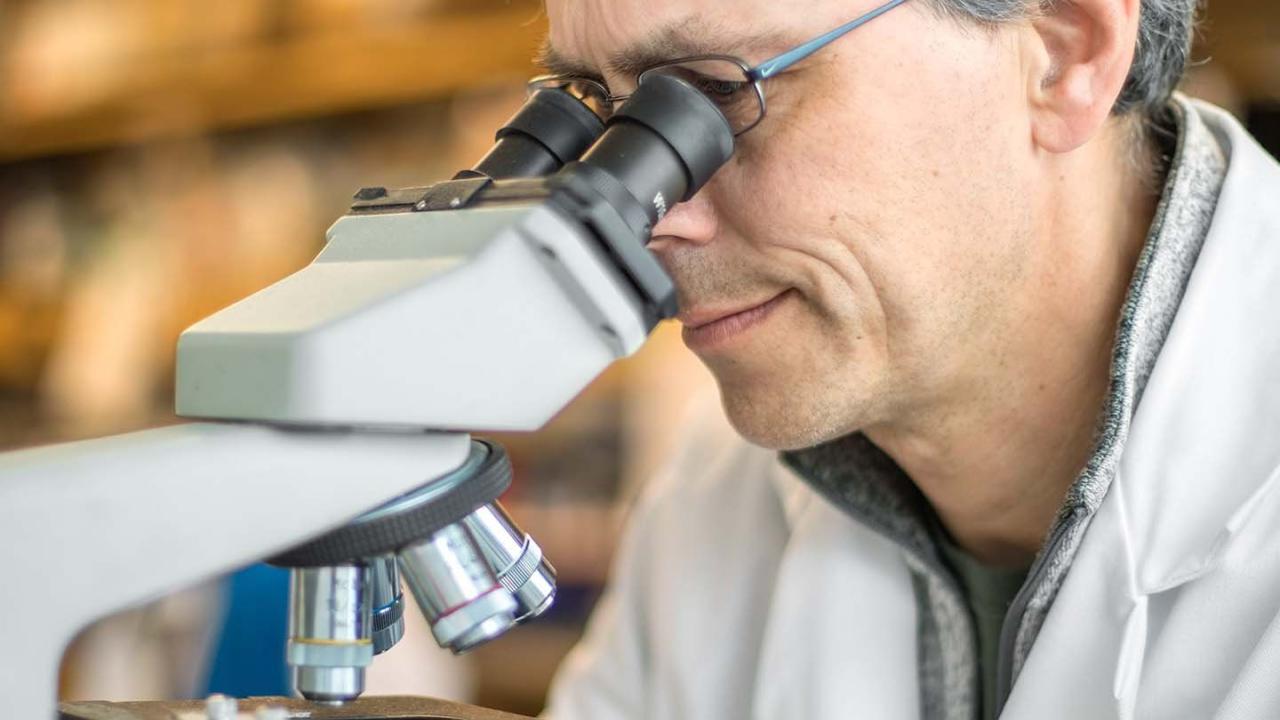
To live with type 1 diabetes is to be ruled by relentless routine. Food must be carefully monitored, and the only treatment, subcutaneous insulin, is burdensome – requiring regular injections or an insulin pump, continuous glucose monitoring and/or finger sticks to test one’s blood sugar levels.
For many of the 1.9 million Americans with the condition, that might be about to change. Researchers at UC San Francisco are exploring how two recently approved immunotherapy treatments could be expanded to treat type 1 diabetes more broadly.
Working collaboratively across disease specialties, diabetes researchers are looking at how oncologists use chimeric antigen receptor (CAR) T-cell therapy to reprogram a person’s immune system to attack her own cancer cells. They hope to similarly reprogram the immune system to fight diabetes.
“It turns out the switches that researchers are playing with in cancer, to activate the immune system, are the same ones that are useful in diabetes to halt the immune system,” said Mark Anderson, MD, PhD, the Robert B. Friend and Michelle M. Friend Endowed Chair in Diabetes Research and director of the UCSF Diabetes Center. “In fact, the immune therapy drugs we use to kill cancer can trigger type 1 diabetes in some people.”